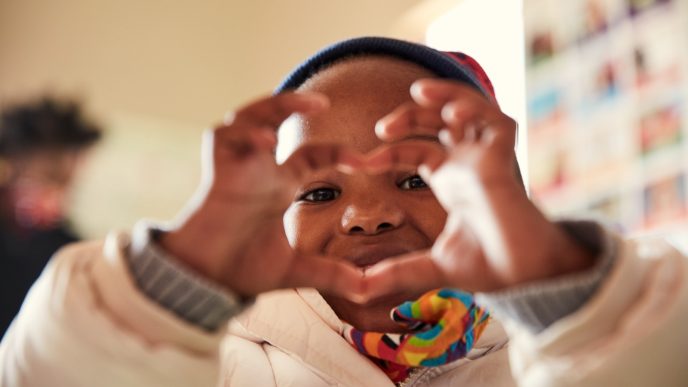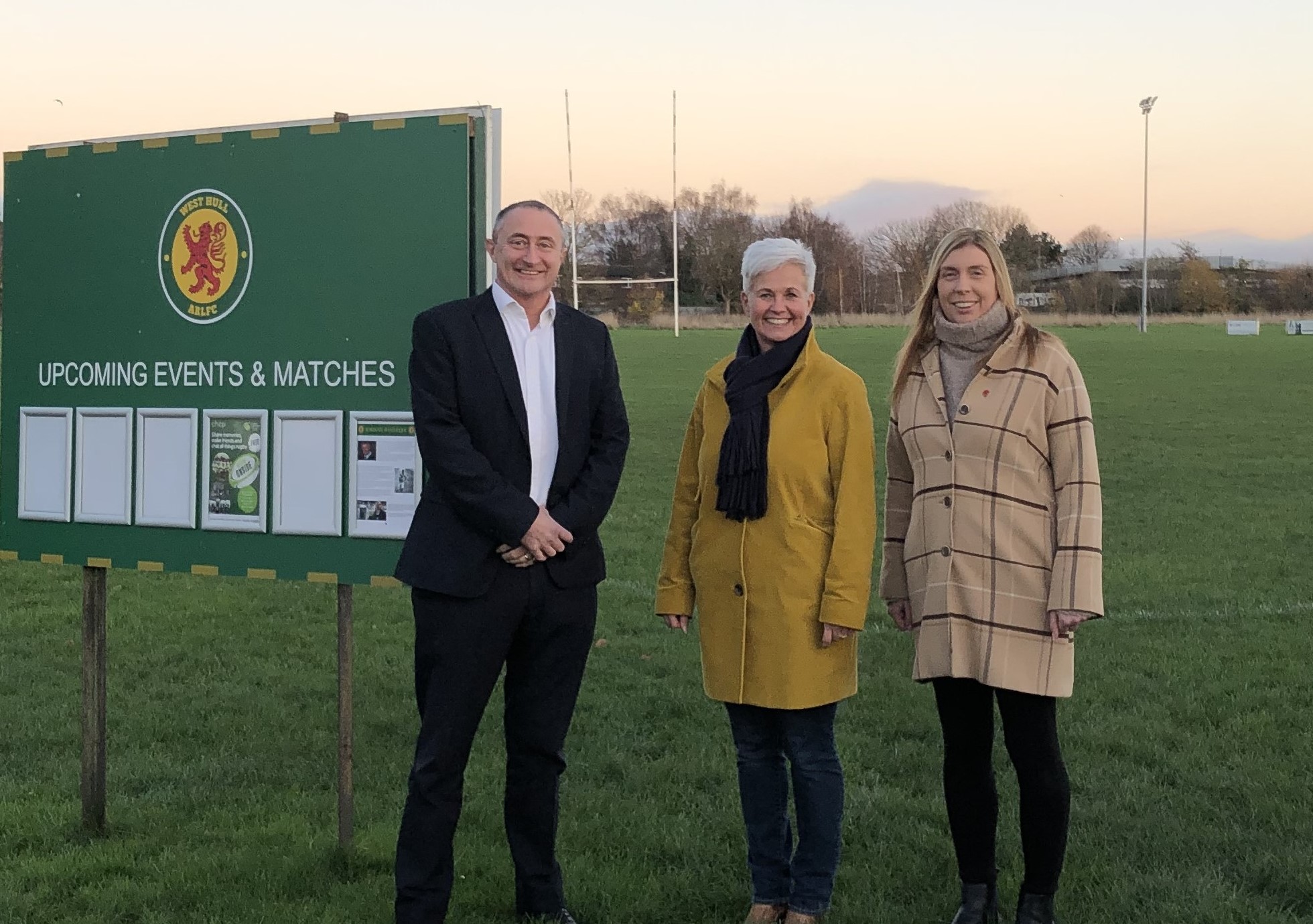Gloria Gibson, former president of Northeastern Illinois University in Chicago, Illinois, is a Covenant House Illinois board member. Covenant House is an organization dedicated to supporting young people overcoming homelessness by providing crisis intervention, therapy, and a path to healing.
This article will look at Mental Health Awareness Month, a global initiative staged in May each year to educate the public about mental illness, reduce the stigma associated with it, raise awareness surrounding treatments, and celebrate recovery.
Mental health is connected to our day-to-day activities, including everywhere we go and the people we surround ourselves with. It is deeply intertwined with our physical health, as well as our finances and personal relationships. It is part of our defining moments as well as our routine activities.
Despite this, public perception of mental health problems remains worryingly low, according to research by the mental health charity Mind. The report suggests that the mental health system is broken, with people facing other challenges like racism and poverty having the least access to mental health support.
Launched in 1949 by Mental Health America, Mental Health Awareness Month brings together organizations and individuals to raise awareness and advocate for improved mental health resources and care. In addition to educating the public about mental health issues and their impact, the initiative was created to highlight the importance of early intervention, reduce stigma by encouraging open conversations, and share valuable mental health resources, including crisis services and support groups.
Covenant House Illinois operates with an emphasis on providing opportunities for the young people it supports to focus on their mental health. Covenant House staff at all levels receive regular trauma-informed care training, better equipping them to approach clients through a strength-based lens – helping them to recognize and respond to signs of previous trauma and provide young people with safety, respect, and choice. Covenant House Illinois’s trauma-informed care model promotes recovery while preventing re-traumatization, creating space for the physical and emotional safety of service users throughout housing programs while supporting individual choice.
Gwendolyn Williams-Pettis serves as a Residential and Youth Development Program manager for Covenant House Illinois. She explains that many young people who come to the organization have survived extremely traumatic experiences at a young and impressionable age. Covenant House’s program practices avoid triggering these painful memories and re-traumatization. For example, as Ms. Williams-Pettis points out, survivors of domestic violence need different approaches to care and counselling, not only when they first arrive at Covenant House and during the intake process but also throughout their journey while working with case managers. Gwendolyn Williams-Pettis cites this distinction in care from other providers as one of the primary reasons she came to work for Covenant House Illinois, enabling her to help provide the best quality care.
In addition to its regular programming, Covenant House Illinois’ program calendar is packed with activities to help foster healthy mental health practices. Regular monthly programming includes group discussions about managing and coping with stress, physical exercise classes, and guided meditations. Covenant House Illinois is committed to providing resources tailored to the specific needs of each young person experiencing homelessness, providing high-quality, personalized care to youth in need.
According to research from Covenant House, 20% of young people in the United States will experience a mental health condition that significantly impacts their life. Covenant House’s research also suggests that 50% of all mental health issues start by the age of 14, and 75% by the mid-20s. Furthermore, 70% of youth experiencing homelessness report issues with their mental health. Covenant House is striving to raise public awareness of worryingly high rates of poor mental health among the population, particularly among young people facing homelessness.












